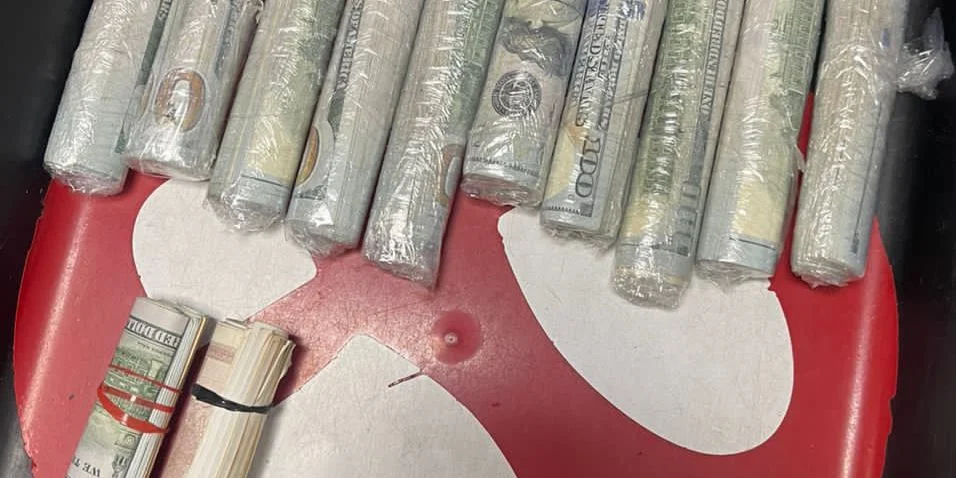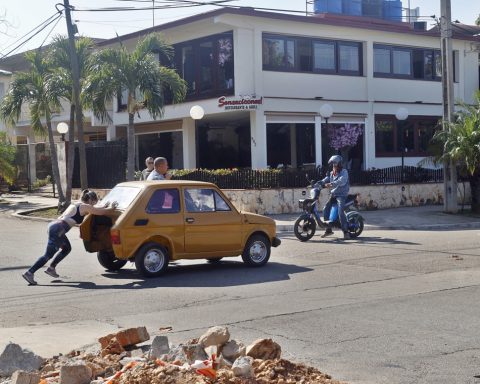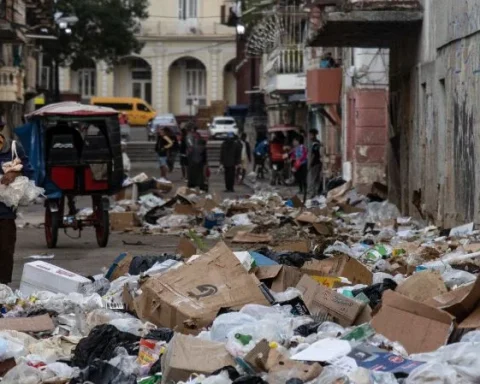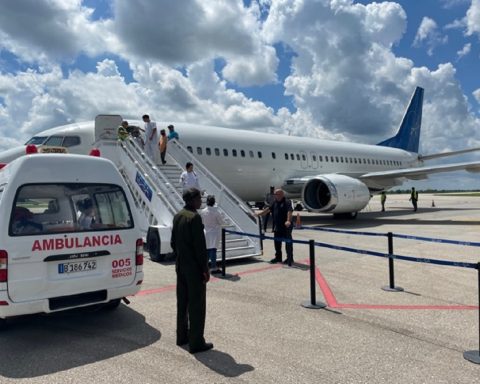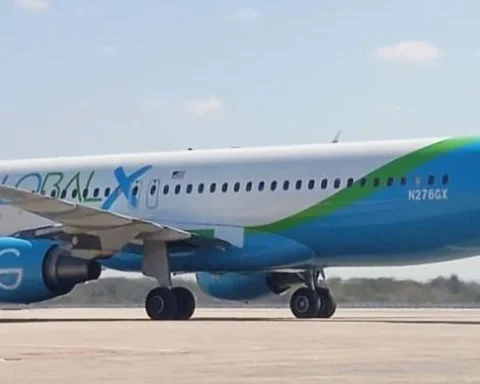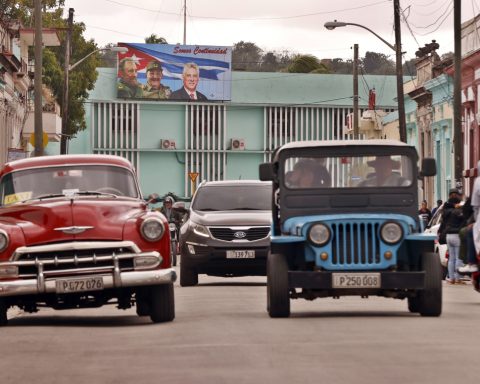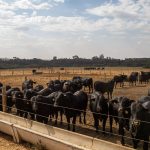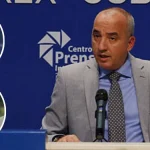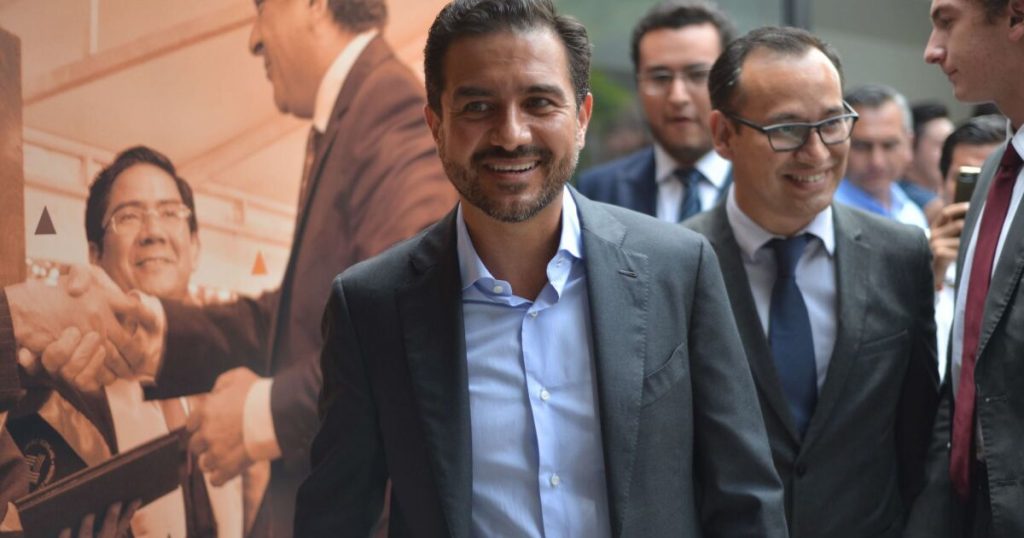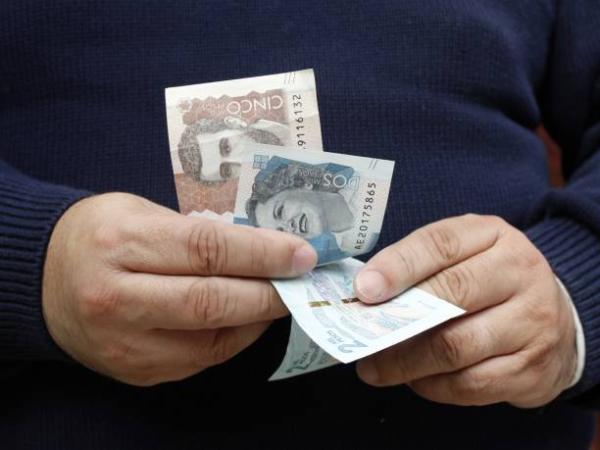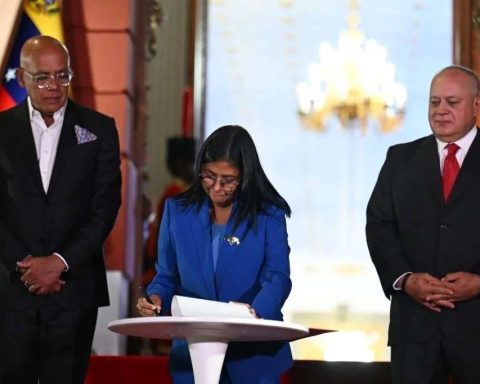MIAMI, United States. – The General Customs of the Republic of Cuba has intensified its surveillance at the country’s international airports to stop illegal currency trafficking, according to a statement issued by the Cuban Ministry of Foreign Affairs. a publication of the first deputy chief of that entity, William Pérez, on his social network account X.
The official said there has been an increase in violations related to the outflow of cash, which has prompted a stricter response at the borders. “Our priority is a secure border,” he said.
The first deputy chief of Customs also explained that the main problem is the “increase in illegal currency trafficking that they try to extract in a hidden manner,” violating the regulations of the Central Bank of Cuba (BCC). Although the official’s publication does not specify exact figures or dates of the increase in these activities, the photos he published along with his message show US dollars and Cuban pesos allegedly confiscated from travelers.
According to current regulations in Cuba, travelers may freely export up to US$5,000 or its equivalent in other currencies. For larger amounts, authorization from the president of the Central Bank of Cuba is required.
In addition, in cases where travelers frequently move money, Customs has the right to request additional information about the origin and destination of the funds. “They can ask for explanations and documentation justifying the legality of the amounts transported,” said Perez.
This heightened surveillance measure comes shortly after the newspaper Granmaofficial organ of the Communist Party of Cuba (PCC), published an article which threatened to apply sanctions to anyone involved in the buying and selling of currencies outside the channels established by the regime.
According to the article, any sale, purchase or exchange of foreign currency outside official channels is illegal and may result in severe penalties.
“Any sale, transfer or acquisition of foreign currency outside state banks constitutes a crime,” the article states, which also mentions penalties ranging from fines to imprisonment of two to five years.
Although only state banks are authorized to carry out foreign exchange transactions, the cash shortage has fueled the proliferation of the informal market, something that Cuban authorities are now trying to control with restrictive measures.
